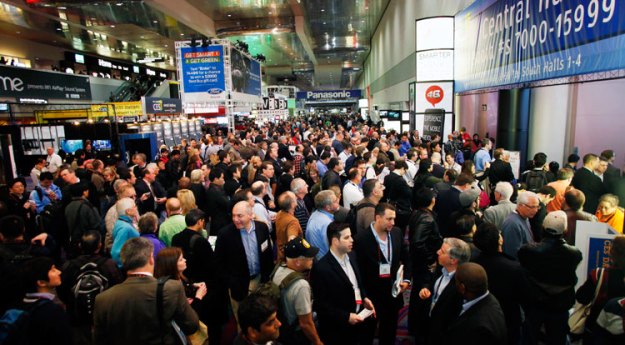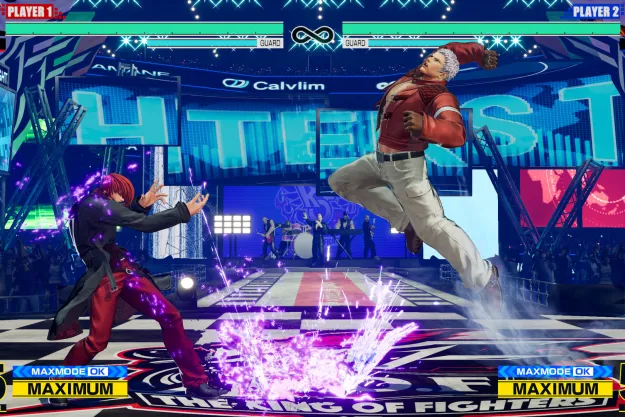
Unless something changes, CES 2012 will be the first time I couldn’t justify going to the show. In many ways, CES reminds me of why Comdex failed. I was actually on the advisory panel for Comdex when the decision was made to kill it. (As a side note the panel got pounded for the decision to kill the show even though that one decision was made without consulting us. I still think it could have been fixed.) In any case, as I looked at CES this year, I realized there wasn’t going to be anything really new or amazing at it. The biggest presentation was likely to be on Windows 8, and I’m pretty much up to speed on that offering. Even in that case, the critical presentation likely won’t occur until the beta actually starts, well after CES ends.
CES remains a very successful show, but let’s talk about why its relevance is declining.
Apple
The “C” in CES is for consumer, and the heavyweight in the consumer market is now Apple. It not only doesn’t attend CES, it abandoned MacWorld. Apple didn’t want to be event driven, and wanted to be product driven when it came to announcements. When Apple does announce, it doesn’t want to be buried under a ton of other announcements. CES is like that; generally a huge number of folks either announce late or early altogether. The last, biggest announcement wins, but not by much. It is like watching a bunch of moths flying after someone lighting candles. The reporters and analysts are constantly trying to cover the latest shiny object, and not able to give much depth to any of it.
Apple likes to shine, and CES, because of its massive size, doesn’t allow any one vendor to shine for long. Apple used to eclipse the show with announcements they made during it at other venues (ironically, MacWorld).
Timing
CES is a fall show; it is intended to be a place where retailers and distributors can go to find out about fall lines. This made a lot of sense when the market moved more slowly, but now the market not only moves fast, it is based around the fourth quarter. Most vendors not only aren’t ready to show fall lines in January, they don’t want to, for fear a competitor will get wind of them and copy the product. This forces a lot of the vendors off the show floor and into private, secure rooms. Even then, they are showing early prototypes that may not represent what they eventually will decide to bring to market.
In addition we live on the Web these days, and presentations of new products can often be given using conferencing tools closer to when the buyers want to make buying decisions, and the products are actually more complete. Folks on both sides are not only better informed on products and needs, they are less pressured, and appear to make better decisions as a result.
In short, actual business is increasingly done away from the show.
Parties and dinners
CES remains a good place for parties and dinners so that folks can meet their opposite numbers and set up appointments for later in the year, when stuff is ready. But this is exactly what Comdex eventually became, and at some point the folks holding the checkbooks start to question funding boondoggles tied to trips to the party capital of the world (likely because they can’t go themselves). Still, it becomes a valid objection, and since less and less actual business is being done, it’s an increasingly hard one to overcome.
Is CES the new Comdex?
Just because I’m not going doesn’t mean the death of CES. I’m not that self-important yet. However, I am noticing vendors pull back from the show, which was what initially got me to rethink going. In discussions while I was reaching my decision, it was clear that they too were thinking that this might be their own last show, and shared that their firms were pulling back funding from the event. If CES is to survive into the next decade, it will need to become relevant again. To do that, planner may have to rethink every aspect of what has become a show that is just big enough to fail.
If you go to the show, let me know if you think it was worth it this year. Who knows, I may rethink my own decision, and decide to go again in 2013.
Guest contributor Rob Enderle is the founder and principal analyst for the Enderle Group, and one of the most frequently quoted tech pundits in the world. Opinion pieces denote the opinions of the author, and do not necessarily represent the views of Digital Trends.


